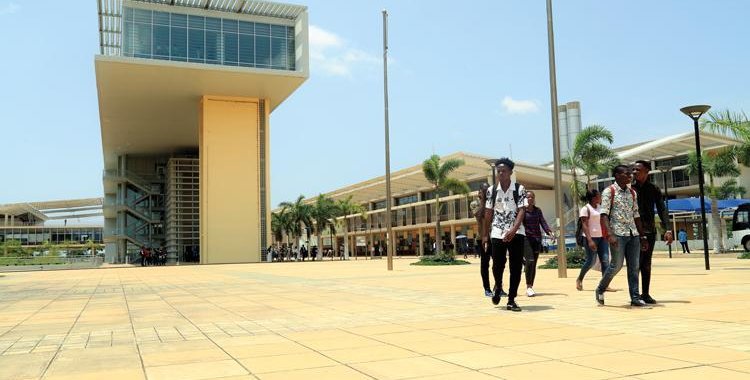The table of fees and emoluments to be charged by public institutions of higher education is contained in the Presidential Decree No. 124/20 of May 4, which approves the Regulation on Fees, Fees and Emoluments in Public Institutions of Higher Education, to which Lusa had access this Tuesday.
According to the regulation, already published in Diário da República, the collection and payment of fees and emoluments are aimed at "obtaining financial resources" that compete for a "provision of quality services in the fields of teaching, scientific research and university extension.
The table attached to the decree signed by the President, João Lourenço, also establishes several emoluments, namely 5000 kwanzas for entrance exam registration and 4000 kwanzas for enrolment and registration in the school year.
The student card for public institutions of higher education will now cost 2000 kwanzas, the appeal examination 5000 kwanzas, declaration without marks 3000 kwanzas and declaration with marks 5000 kwanzas.
A bachelor's or degree certificate will cost 12,000 kwanzas, a degree diploma 20,000 kwanzas and an official diploma 10,000 kwanzas.
"Tuition fees for regular students of undergraduate courses at public institutions of higher education only come into force in the academic year [of] 2021," reads the document.
According to the regulation, in public institutions of higher education, tuition fees may be paid in full at the beginning of the academic year in a single instalment, or in several instalments, not exceeding 10 monthly instalments.
The regulation stresses that the Ministry of Higher Education, Science, Technology and Innovation is responsible for approving and authorising the collection of the tuition fees in post-graduate courses, on the proposal of each institution.
The amount of the tuition fee to be charged to each graduate student "shall not exceed 40 per cent of the cost per student determined for the operation of the course".
According to the diploma, students whose access to the special social protection regime for the children of former combatants and war disabled people are exempt from tuition in undergraduate courses.
In the event of reciprocity with the States of origin, he adds, foreign nationals may be exempted from paying tuition fees in public institutions of higher education.
The legal diploma also notes that it is the responsibility of the public institutions of higher education to "account" for the application of the revenues resulting from the collection of fees and emoluments, in accordance with the law.
Classes in higher education in the country have been cancelled since March due to the state of emergency aimed at containing the spread of covid-19.
The Ministry of Higher Education, Science, Technology and Innovation announced on Monday that the resumption of classroom activity after the state of emergency due to the new coronavirus, foresees classes on Saturdays for the fulfillment of curricular programs.
The academic year of 2020 should be extended until January 2021, as the authorities expect.







